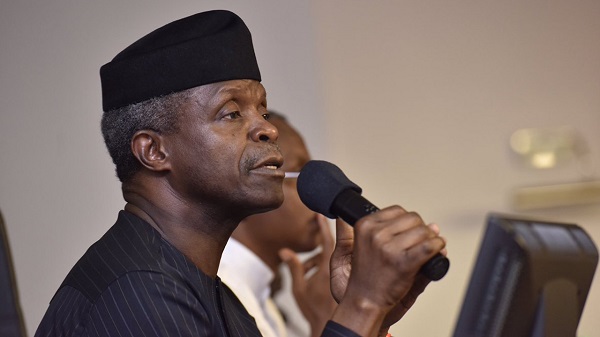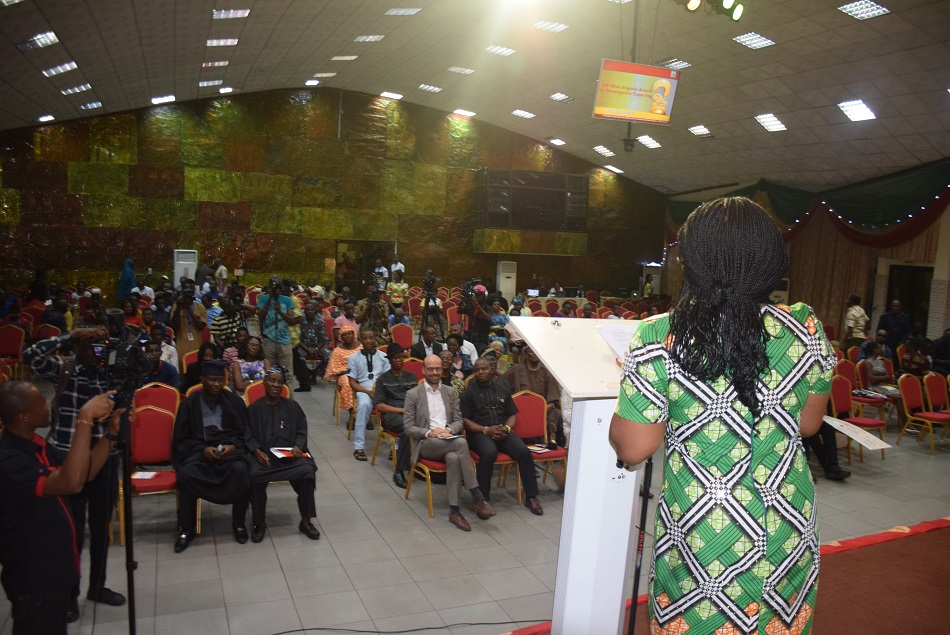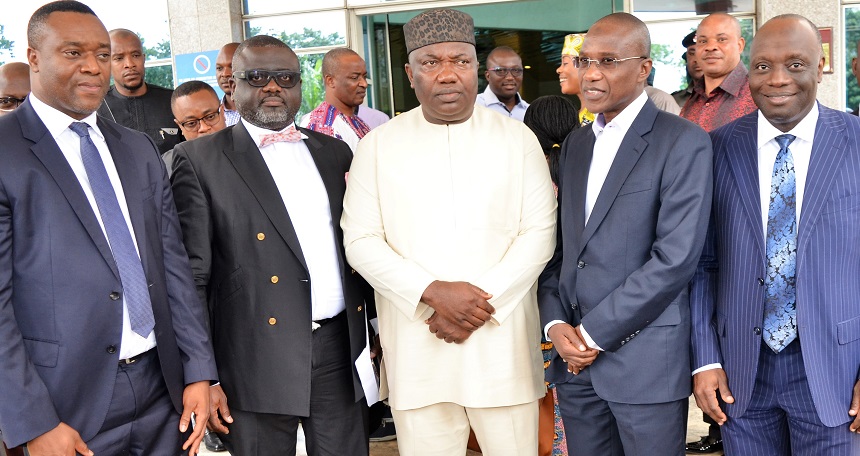Acting President Yemi Osinbajo says Nigeria’s “crawling” judicial process poses a nightmare for investors in the country.
Osinbajo made this known on Monday while delivering a keynote address at the 2017 national energy workshop for judges held in Abuja.
Osinbajo, who was represented by Ibe Kachikwu, minister of petroleum resources, also called for measures to speed up judicial decisions.
“We also need these decisions not to be too complicated for investors to easily understand,” he said.
Advertisement
The acting president added that there was the need to align the decisions of various courts with “some level of credibility to avoid complicated decisions from unnecessary forum shopping.”
“We need to ensure the sanctity of international arbitration and judges should be trained in petroleum and energy sectors so that they will be fully equipped to handle the emerging trends in the sector,” he added.
According to him, the petroleum and power sectors provide “80 percent of Nigeria’s revenue and over 80 per cent of foreign direct investment.”
Advertisement
Walter Onnoghen, chief justice of Nigeria, while declaring the event open, cautioned judges against allowing “technicalities” to stand in the way of dispensing justice in the country.
He this is important in order to sustain public confidence in the judiciary.
While stating that the use of alternative dispute resolution (ADR) would hasten the disposition of cases, the CJN encouraged judges to adopt it.
He also said the theme of the workshop – Law and the changing face of petroleum and power sectors in Nigeria – was relevant considering developments in the international energy market.
Advertisement
“Some of the notable challenges faced are in the areas of taxes, rebates, royalties, demand for corporate social responsibility and environmental disputes which require the courts to adjudicate,” he said.
“Conflicting decisions, unfortunately, are necessary because when you approach a court in Lagos, your facts are stated and the facts of that case are also different in a court in Port Harcourt.
“So, the judge takes a decision based on the facts before him and the law and that is why we have the Court of Appeal who will look at the law and decide.”
Advertisement
Add a comment






